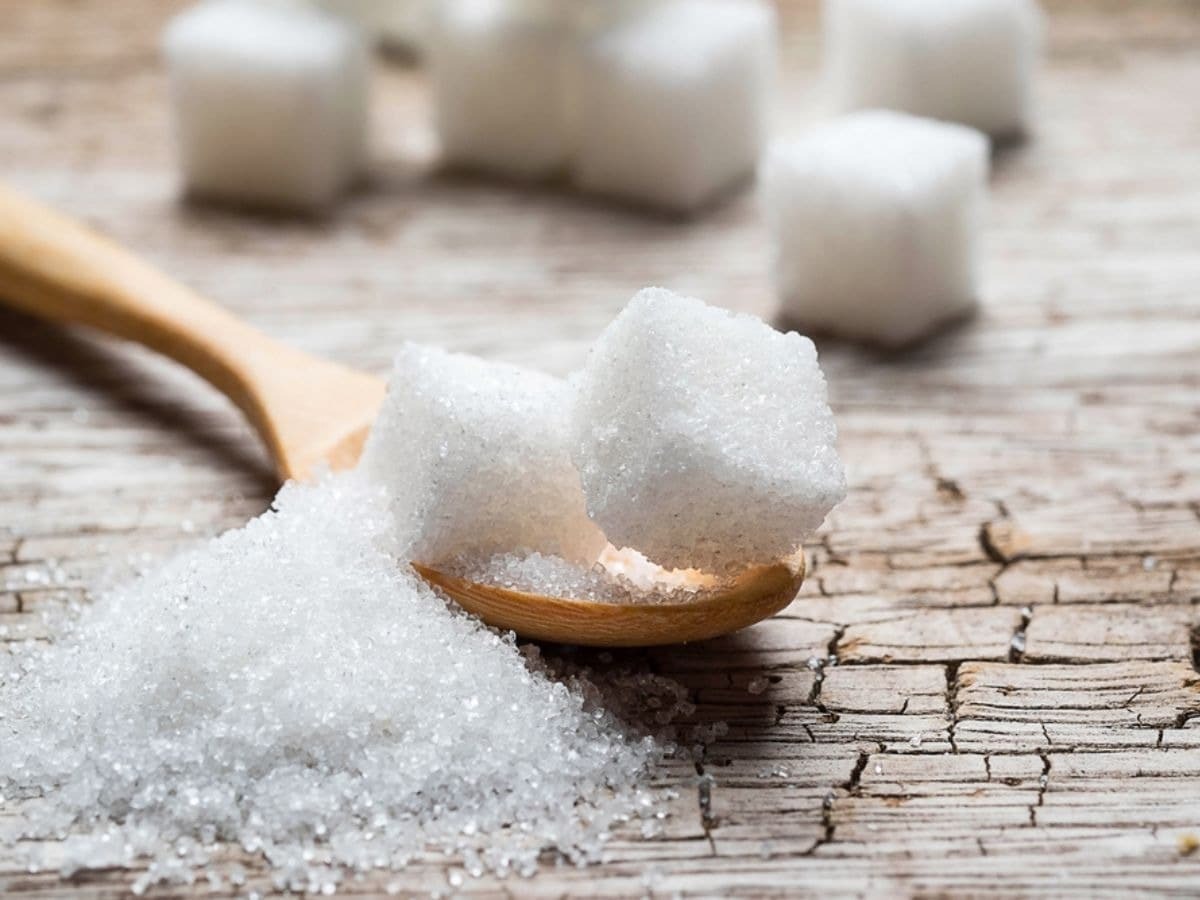Consuming sugar in limited quantities is important for health. But when sugar is used in excess, it invites many serious health problems. Many people think that there is no harm in eating one or half teaspoon of sugar in a day. However, even small amounts of sugar on a regular basis can have negative effects on your health. Let us know how many calories are in one spoon of sugar and how much weight can sweet foods increase.
How many calories are in one teaspoon of sugar?
- One teaspoon of sugar contains about 5 grams of carbohydrates and 20 calories.
- At the same time, one tablespoon of sugar contains about 15 grams of carbohydrates and 60 calories.
- Although this quantity may seem small, when you frequently consume sugar in your daily diet, it can be harmful for the body.
Major threats:
- Excessive sugar consumption can cause brain fog, obesity, heart disease, high blood pressure (BP) and skin problems.
- Chronic sugar consumption can increase the risk of diabetes and other metabolic diseases.
How much weight can a small piece of sweet add?
- Sweets like gulab jamun, barfi, laddu etc. are rich in calories and fat.
- One piece of Gulab Jamun or Barfi has around 150-200 calories.
- Apart from sugar, these sweets contain rich amounts of condensed milk, ghee and oil, which can increase body fat as well as increase blood sugar level.
- If such sweets are consumed regularly, it can lead to weight gain as well as uncontrolled sugar level.
Disadvantages of eating sweet things
- Increase in blood sugar level:
Excessive consumption of sugar increases blood sugar rapidly. If this happens for a long time, it creates a condition of hyperglycemia, which increases the risk of diabetes. - obesity:
Empty calories from sugar play a major role in weight gain. If you want to lose weight, it is important to remove sugar from the diet immediately. - Risk of heart disease:
Excessive consumption of sugar can affect cholesterol levels and cause heart diseases. - skin problems:
Sugar can damage the elasticity of the skin, leading to wrinkles, acne and other skin problems. - Effect on digestive system:
Excessive consumption of sugar can lead to problems like gas, acidity and constipation.
tips for health
- Opt for natural sweeteners: Use honey, jaggery, or fruits as a sugar substitute.
- Avoid sweet beverages: Avoid soft drinks, packaged juices, and tea and coffee containing sugar.
- Eat a fiber-rich diet: Fiber-rich foods help control blood sugar.
- Drink more water: It helps in flushing out toxins from the body.
